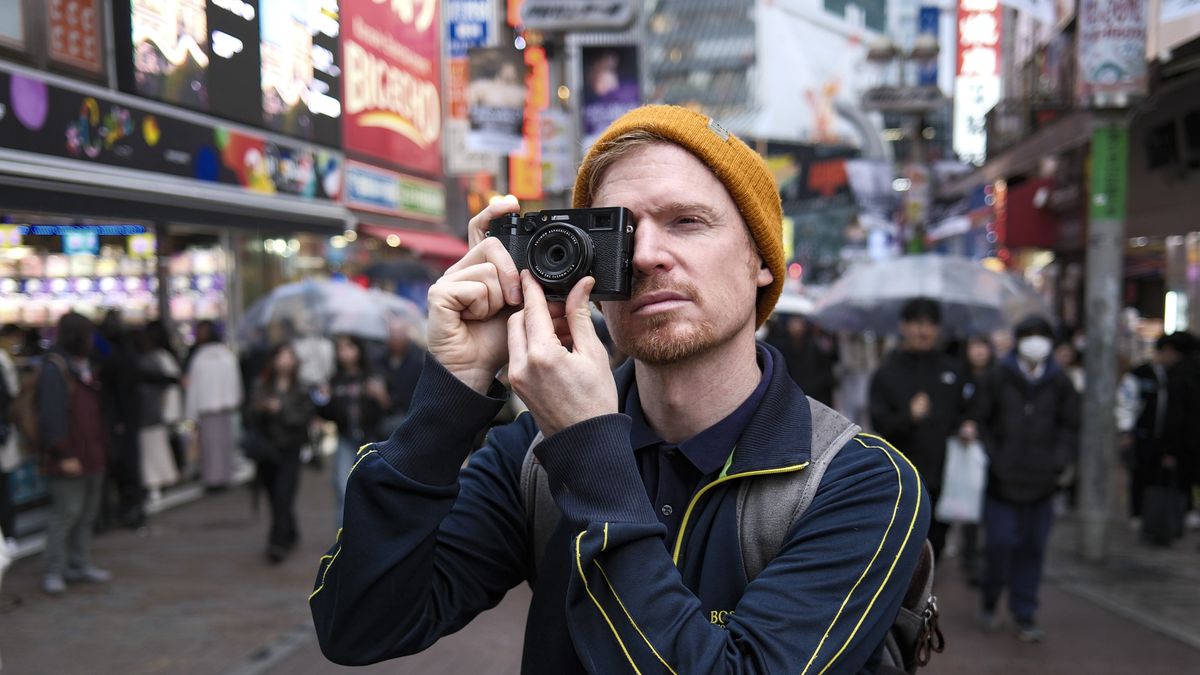Chris K
Well-known member
I think it’s a mistake to say that photography = art. It is an artform, yes. But just like you can use a paintbrush to paint a room or a painting, you can use a camera to create art, but you can also use it to record something you saw.
I don’t besmirch anyone who isn’t looking to create a work of art. Most times I go out with a camera, I’m not looking to create art. I’m going outside to enjoy the world, and the camera is like a “fidget spinner” for my eyes—it gives me something to keep my mind occupied, and help me see. If I find something I like, I take a photo of it, and sometimes those photos are good. But generally, those photos get filed into my PC and don’t see much action, because if I’m honest, I’m not really in it for the art.
When I do attempt to create meaningful art, it generally doesn’t go well unless it’s a subject I am enthusiastic about. Birds and trees and streetlights at night are neat, but in the end I don’t really care all that much about presenting those subjects, so I just snap away and ‘leave a lot on the table’ creatively, as I wander off to the next photo.
The photos I do put creative energy into are generally of family. That’s why you won’t see many photos from me: I don’t post photos of people on the Internet, unless they asked me to.
Is technology destroying what I’ll call “capturing photographs”? No way. It’s making it easier, and if the goal is to “get a shot”, the more technology the better. Like Steve said, we’ve all got ‘perfect’ photos of songbirds leaping off a branch these days.
Is technology destroying art? That’s much more debatable. I’d still say no—technology democratizes art, allowing people who could not meet minimum technical standards to attain those standards. And when you increase the talent pool from a few technical experts to all of humanity, you’re going to find some outstanding artists who previously would have been overlooked. Many of them better than many of us technical experts. And I say, ‘hooray for that!’
To draw a parallel, imagine a world where Stephen Hawking could not communicate. We would be less well off as a species without his contributions.
For technology to destroy art, you’d have to assert that technology creates art. And that’s false. Artists create art.
I don’t besmirch anyone who isn’t looking to create a work of art. Most times I go out with a camera, I’m not looking to create art. I’m going outside to enjoy the world, and the camera is like a “fidget spinner” for my eyes—it gives me something to keep my mind occupied, and help me see. If I find something I like, I take a photo of it, and sometimes those photos are good. But generally, those photos get filed into my PC and don’t see much action, because if I’m honest, I’m not really in it for the art.
When I do attempt to create meaningful art, it generally doesn’t go well unless it’s a subject I am enthusiastic about. Birds and trees and streetlights at night are neat, but in the end I don’t really care all that much about presenting those subjects, so I just snap away and ‘leave a lot on the table’ creatively, as I wander off to the next photo.
The photos I do put creative energy into are generally of family. That’s why you won’t see many photos from me: I don’t post photos of people on the Internet, unless they asked me to.
Is technology destroying what I’ll call “capturing photographs”? No way. It’s making it easier, and if the goal is to “get a shot”, the more technology the better. Like Steve said, we’ve all got ‘perfect’ photos of songbirds leaping off a branch these days.
Is technology destroying art? That’s much more debatable. I’d still say no—technology democratizes art, allowing people who could not meet minimum technical standards to attain those standards. And when you increase the talent pool from a few technical experts to all of humanity, you’re going to find some outstanding artists who previously would have been overlooked. Many of them better than many of us technical experts. And I say, ‘hooray for that!’
To draw a parallel, imagine a world where Stephen Hawking could not communicate. We would be less well off as a species without his contributions.
For technology to destroy art, you’d have to assert that technology creates art. And that’s false. Artists create art.


